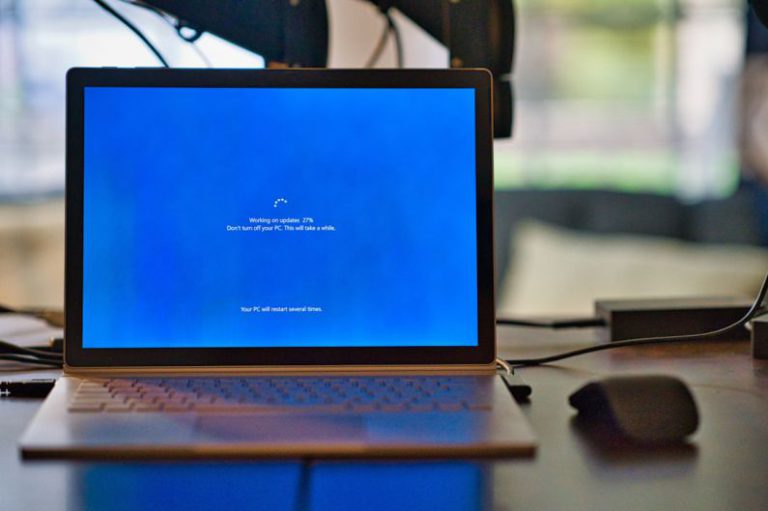What’s the Best Way to Back up My Data?
Data backup is crucial in today’s digital age where we rely heavily on technology for storing important information. Losing data can be a nightmare, whether it’s personal photos, work documents, or any other type of valuable data. Therefore, having a solid backup strategy is essential to ensure that your data remains safe and accessible even in the face of unexpected events such as hardware failures, cyber-attacks, or accidental deletions. But with so many options available, what’s the best way to back up your data?
Cloud Storage: A Convenient and Secure Option
Cloud storage has become increasingly popular in recent years due to its convenience and accessibility. Services like Google Drive, Dropbox, and iCloud offer users a simple way to back up their data to remote servers over the internet. One of the key advantages of cloud storage is that your data is stored off-site, making it safe from local disasters such as fires or floods. Additionally, most cloud storage services offer encryption to ensure the security and privacy of your data.
Another benefit of cloud storage is the ability to access your data from anywhere with an internet connection. This can be particularly useful for those who work remotely or need to access their files on multiple devices. However, it’s important to note that relying solely on cloud storage may not be the most cost-effective option for large amounts of data due to subscription fees that can add up over time.
External Hard Drives: A Reliable and Affordable Backup Solution
External hard drives remain a popular choice for backing up data, especially for those who prefer to have physical control over their backups. These devices offer a simple plug-and-play solution for storing and retrieving data quickly. External hard drives come in various sizes and price points, making them a cost-effective option for individuals and businesses alike.
One of the main advantages of using external hard drives for backup is that you have direct access to your data without relying on an internet connection. This can be beneficial in situations where internet access is limited or unreliable. Additionally, external hard drives are portable, allowing you to easily transport your backups to different locations for added security.
However, while external hard drives are a reliable backup solution, they are not immune to failures, theft, or physical damage. It’s essential to store your external hard drives in a safe and secure location to minimize the risk of data loss.
Hybrid Backup Solutions: Combining the Best of Both Worlds
For those who want the benefits of both cloud storage and external hard drives, hybrid backup solutions offer a compelling option. By combining the convenience of cloud storage with the reliability of physical backups, hybrid solutions provide an extra layer of protection for your data.
One common approach to hybrid backup is to use cloud storage for daily backups and external hard drives for periodic full backups. This strategy ensures that your data is continuously backed up to the cloud for easy access and that you have physical backups in case of internet outages or other unforeseen circumstances.
By leveraging the strengths of both cloud storage and external hard drives, you can create a robust backup strategy that minimizes the risk of data loss and ensures that your data is always accessible when you need it.
In conclusion, the best way to back up your data ultimately depends on your specific needs and preferences. Whether you choose cloud storage, external hard drives, or a hybrid backup solution, the most important thing is to have a reliable and consistent backup strategy in place to protect your valuable data. By taking the time to set up a backup system that works for you, you can rest easy knowing that your data is safe and secure.






